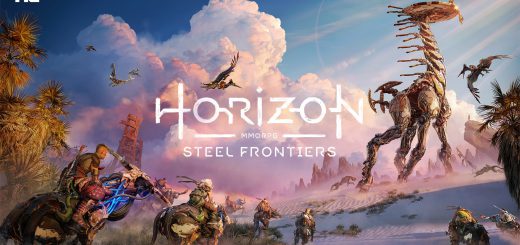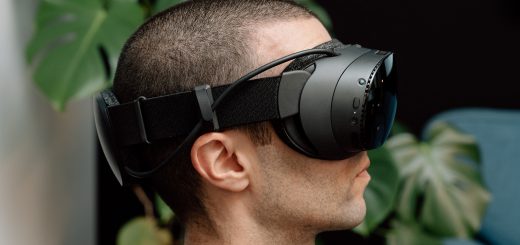Save twice the ice by limiting global warming
A new study finds that if global warming exceeds the Paris Climate Agreement targets, the non-polar glacier mass will diminish significantly. However, if warming is limited to 1.5 degrees Celsius, at least 54 per cent could be preserved — more than twice as much ice as in a 2.7 C scenario. …read more






